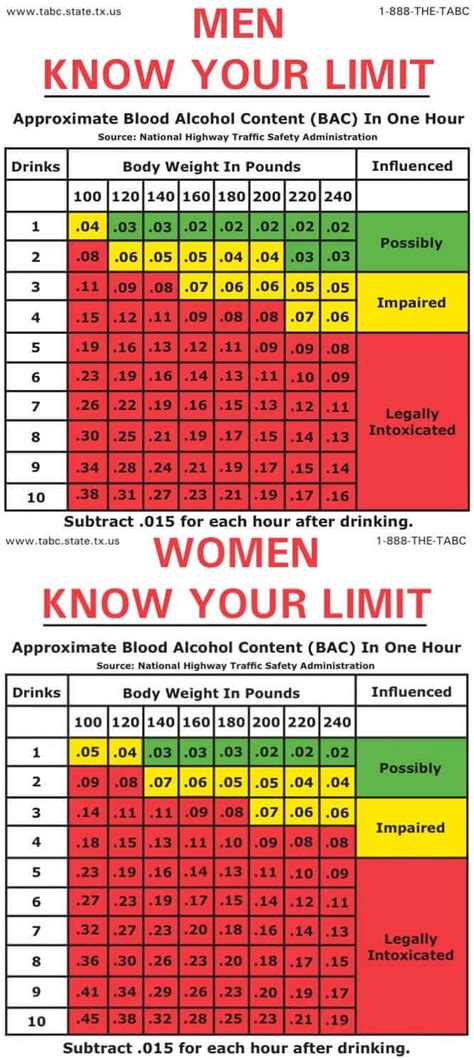How Many Shots to Get Drunk? Understanding Blood Alcohol Content (BAC)
The question "How many shots to get drunk?" doesn't have a simple answer. Getting drunk, or reaching a state of intoxication, depends on several individual factors. There's no magic number of shots that will guarantee intoxication for everyone. This article will explore the variables influencing blood alcohol content (BAC) and offer a responsible perspective on alcohol consumption.
Understanding the Factors Influencing BAC
Several key factors determine how quickly and how much alcohol affects an individual:
-
Body weight: A lighter person will generally reach a higher BAC faster than a heavier person consuming the same amount of alcohol.
-
Gender: Women tend to have a lower tolerance for alcohol than men due to differences in body composition and metabolism.
-
Metabolism: Individual metabolic rates vary significantly. Some people process alcohol faster than others.
-
Food consumption: Eating before and while drinking slows alcohol absorption into the bloodstream.
-
Type of alcohol: Different alcoholic beverages contain varying alcohol percentages. A shot of hard liquor has a much higher alcohol content than a glass of wine or beer.
-
Drinking speed: Consuming alcohol quickly increases BAC more rapidly than sipping it slowly.
The Risks of Binge Drinking
Binge drinking, often associated with quickly consuming multiple shots, carries significant health risks. These risks include:
- Alcohol poisoning: A potentially fatal condition caused by excessive alcohol consumption.
- Liver damage: Long-term heavy drinking can lead to serious liver diseases like cirrhosis.
- Increased risk of accidents and injuries: Impaired judgment and coordination increase the likelihood of accidents.
- Mental health issues: Excessive alcohol consumption can worsen existing mental health conditions or trigger new ones.
Responsible Alcohol Consumption
Instead of focusing on the number of shots needed to get drunk, prioritize responsible alcohol consumption. This includes:
- Moderation: Limit your alcohol intake to recommended guidelines.
- Spacing out drinks: Allow your body time to process the alcohol between drinks.
- Hydration: Drink plenty of water to help your body metabolize alcohol.
- Knowing your limits: Pay attention to how you feel and stop drinking if you feel intoxicated.
- Never drink and drive: Designate a driver or use a ride-sharing service.
Seeking Help
If you're struggling with alcohol abuse, resources are available to help. Consider reaching out to a healthcare professional, therapist, or support group.
Disclaimer: This information is for educational purposes only and should not be considered medical advice. Consult a healthcare professional for any concerns about alcohol consumption. Always drink responsibly and never drive under the influence of alcohol.
